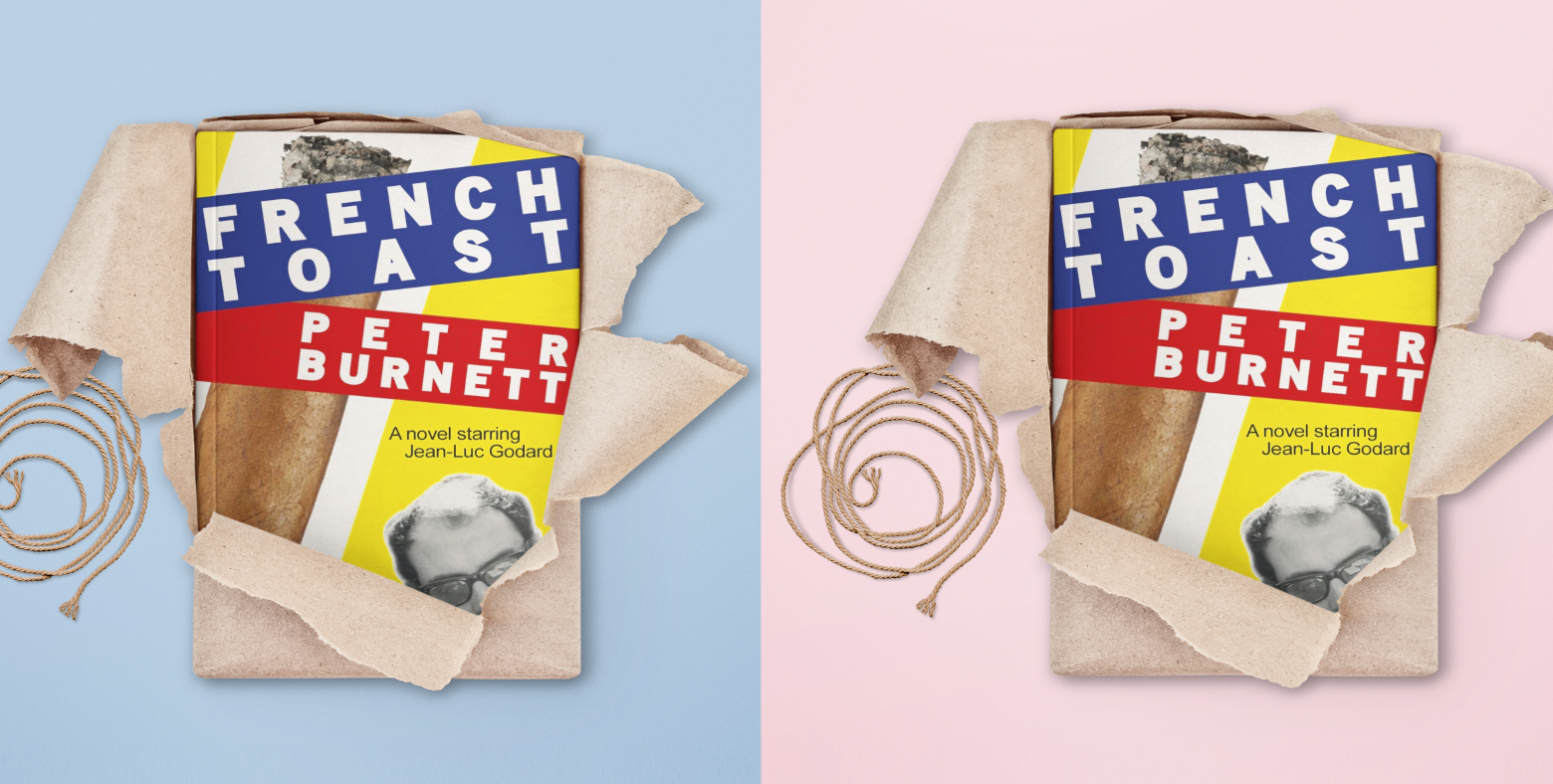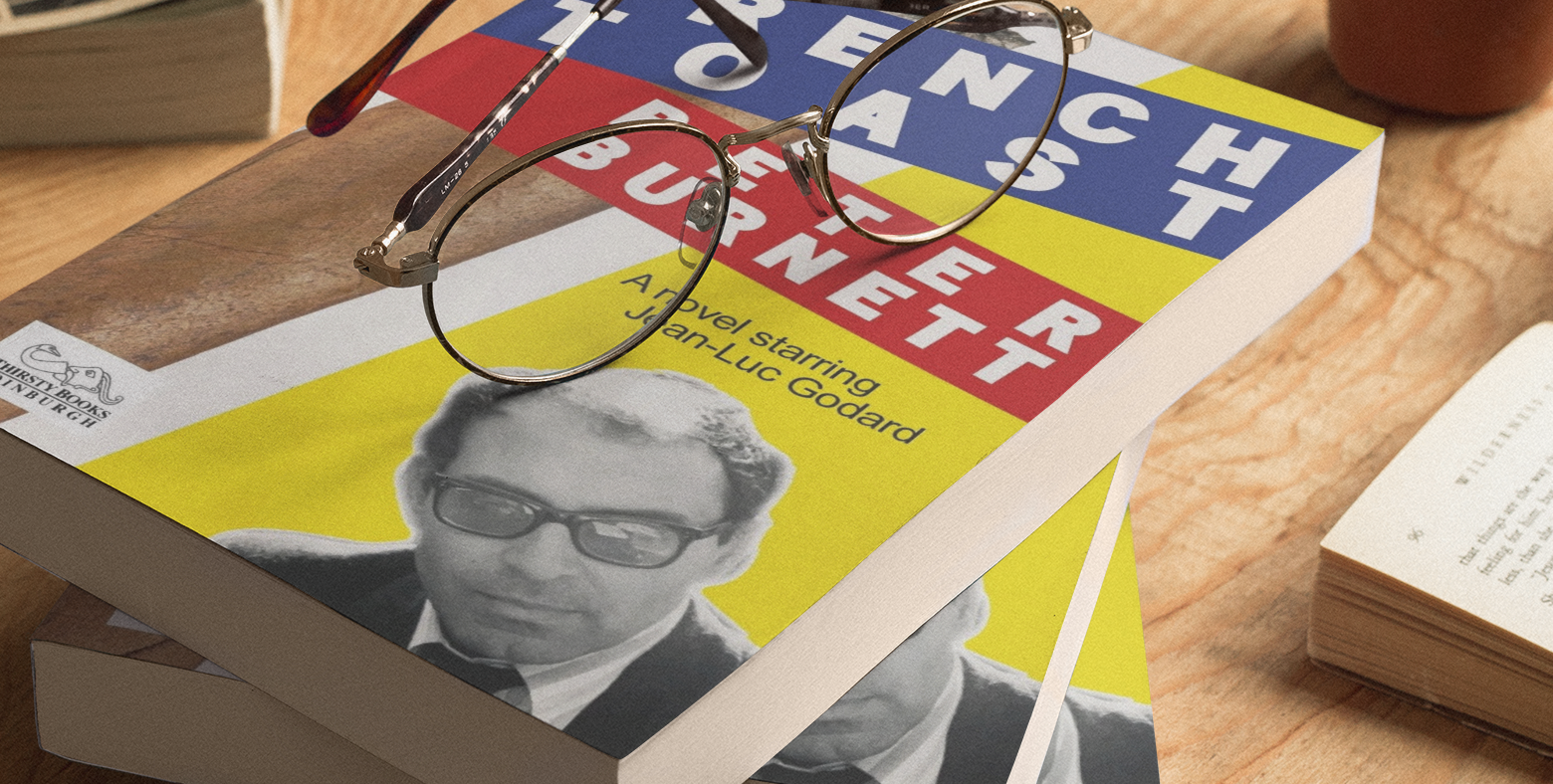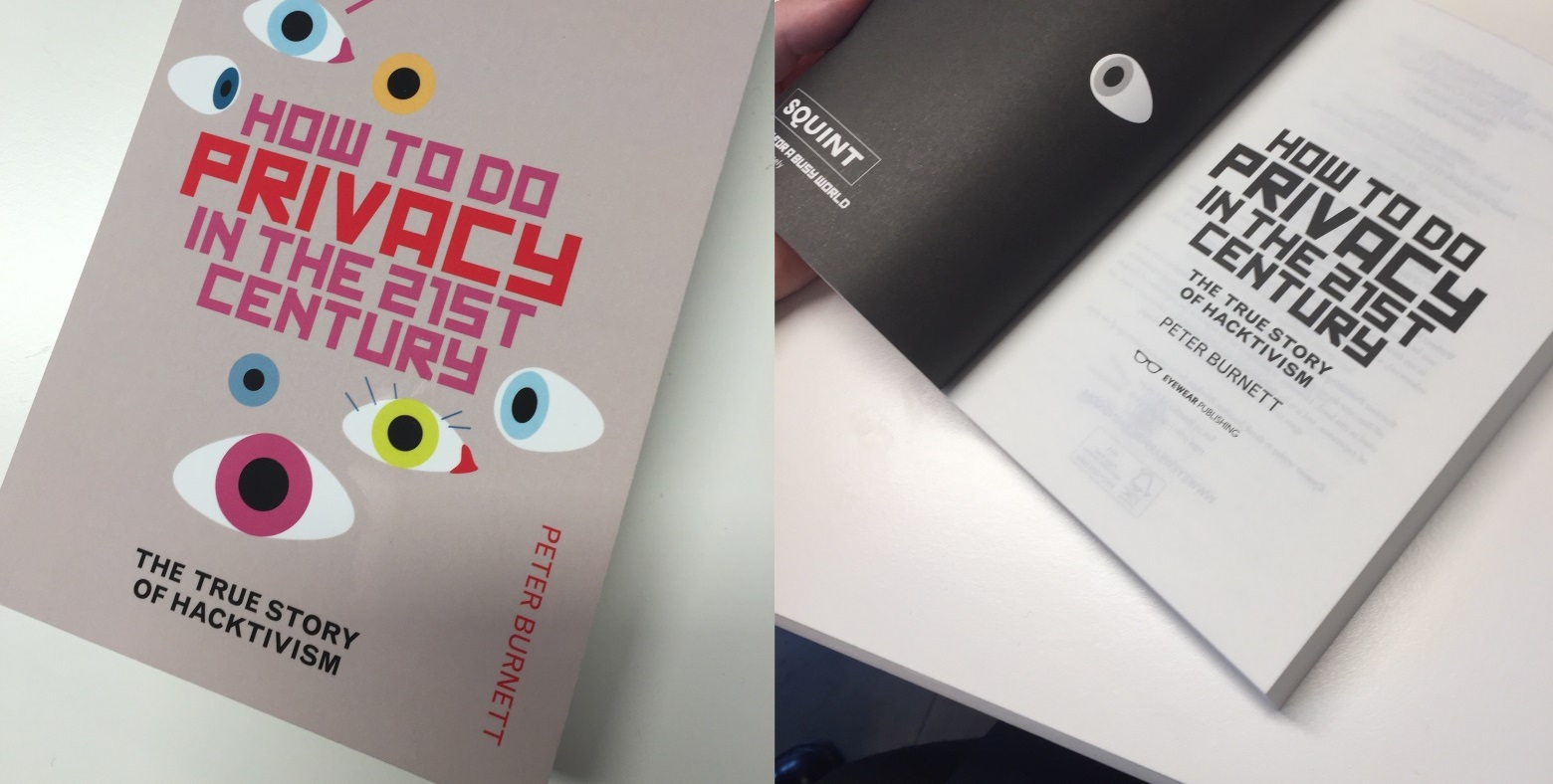I have never calculated how much of my life I have spent watching the films of Fassbinder, but I can’t say that of Claude Chabrol. Chabrol, who died in 2010, made around sixty films, and completist that I am, as soon as I had seen and enjoyed one of them, it was my sworn duty to see them all. I haven’t quite succeeded in that aim but to make up for it I’ve seen some of them more than once, meaning that I have probably spent about 170 hours of my life to date – that is one entire week – watching the films of Claude Chabrol alone.
But I am not ashamed – in fact I think it is a preview of things to come – life in heaven perhaps. If there is one flaw which sticks to every one of Chabrol’s films, it is the fact that he never comes up to the standards set by the man he modelled his work on – Alfred Hitchcock – and try as he did, Chabrol made many good films, but even the worst of these were not quite as good in their genre as even the lowest of Hitchcock.
To make up for this, Chabrol has several quirks of his own, and the best of these is his humour, which is always memorable; that and his detailed portrayal of provincial French life. In the provinces, Chabrol discovered literally hundreds of character types, and he always tied them together beautifully in his mysteries, barring of course the loose ends he left for the viewer.
Isolde Barth in The Bridesmaid (2004) represents one such loose end, a creepy mother figure to the bridesmaid of the title, foolishly obsessed with the tango and her brilliantly cast tango partner. The fact of Hitchcock’s technical ability in terms of cuts and his almost having to show off when he is building his mystery is compensated for in Chabrol by the slow boil. Although Chabrol films just about always start with a murder, by the one hour mark things seem so interminably tangled that as viewers we feel a genuine sense of mystery, making Chabrol’s films classic whodunit.
This at least applies to his late films, in which he replayed his formula endlessly. It doesn’t make the pictures dull, but more quotidian I would say. His scripts were always good, which Hitchcock can’t say, and as I say, his mysteries so tightly wrapped that you always end up watching them to the end.
This film is from an almost halcyon era of Claude Chabrol films, that started sometime possibly around 1984 and saw him making regular as clockwork, tightly plotted entertainments, on at least a one a year basis. Moreover, in this period he doesn't seem to have been dogged with the self-imposed demand to make artistic statements, and aside from his great rendering of Madam Bovary, he was never bothered by similar demands to make great and ambitious epics.




